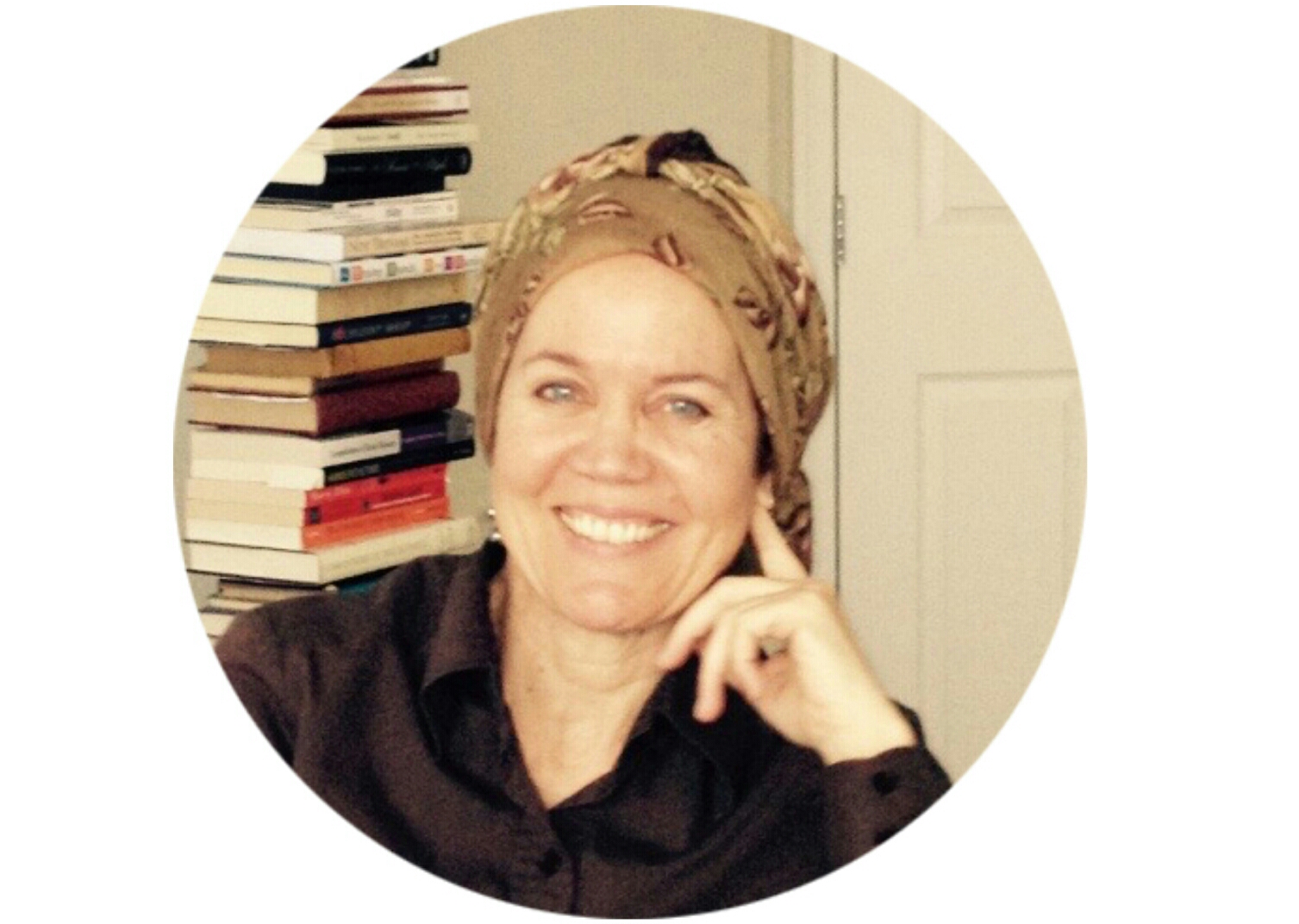Dear Elizabeth: My son is two years-old and all he does is play. Should I put him into an early-education program?
Dear Concerned: Absolutely not! I wouldn’t put a two year-old into an early education class for several reasons. First, let me start by saying that a two year-old child who plays all day is doing exactly what he was designed to do. During the first seven years of a child’s life, the emphasis is on the emotional development, which lays the foundation for the moral and intellectual learning that will follow. What your son needs most is you–his mother–and his family in a loving environment, where his personal needs are met, where small books are read to him (simple poems are wonderful), and where he has the freedom and time to engage in lots of unstructured play. After the loving environment comes the importance of play. Play is a child’s work; it is not a random activity devoid of meaning. Children process their experience of the world through play; they learn social skills and empathy and develop their imagination. All of these skills are necessary for being successful in life whether in work, marriage, or even with a spiritual/religious practice. Play is an essential component in a healthy child’s upbringing. We must respect it, as such, and honor this short time in a child’s childhood. A two year-old’s mind is not ready for academic learning, so forcing it on a child in place of the aforementioned can be more detrimental than beneficial. I think you are giving your son exactly what he needs, and I wouldn’t change a thing.
[separator type=”thin”]
Dear Elizabeth: I am thinking of homeschooling my seven and nine year-old, but they have said they prefer public school because of their friends. Do you have any suggestions?
-Parent
Dear Parent: I think you are the parent and it is your job to make this decision for your children; they are too young to know what is best for them. Weigh the pros and cons of homeschooling and if you sincerely think your children will have a better educational experience, and that you will thrive more as a family, then my suggestion would be to gently introduce this change into your family, since you have experienced some opposition. The summer is a good time to meet other homeschoolers, to go on outings with other homeschooled children, and to help your kids make new friends. Show them the exciting and limitless world of homeschooling, so they begin to develop a positive association with it. When the new school year rolls around, begin homeschooling by doing as much hand’s on learning as possible—take your kids to museums, nature walks and live performances. As they begin to enjoy homeschooling, slowly introduce more structured learning of the 3 R’s (writing, reading and arithmetic). Take this time to educate yourself on different homeschooling philosophies, read as much as you can by reputable people in education, and develop of sense of what you would like your own family’s homeschooling experience to resemble. It will change over time, and this is fine, but it’s always good to have a solid starting point so you have some idea of where you are headed with your children’s education. Personally, you have my support. Good luck!
[separator type=”thick”]
Through her seminars, speeches, and consultations, Elizabeth work’s as an advocate for young souls by debunking many of the myths that have crept into Western society about raising and educating children and offering parents alternatives. To learn more about Elizabeth’s work, please visit: www.elizabethyhanson.com.
If you’d like to submit a question to Elizabeth’s advice column, please email her at this address: eyh@elizabethyhanson.com.





